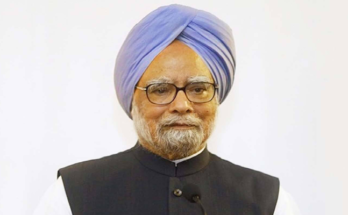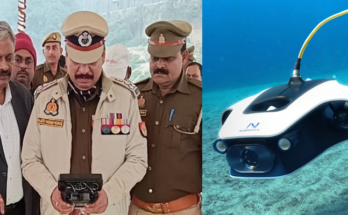JNS: Koyali Burman, Associate Director of the Vancouver Local Immigration Partnership, today delivered a lecture, titled, Higher Education, Immigration and Pathways for International Students at the management hall of IIT-ISM, Dhanbad, during which she spoke on various study pathways available for students for Canadian Partnership.
The 90-minute lecture attended by B Tech, M Tech and PhD students, besides other faculty members, was organized by the Department of Environmental Science & Engineering,
A, Master of Arts degree holder in Adult & Higher Education from the University of British Columbia, she has a decade of experience in immigration and settlement and expertise in community research, monitoring, and evaluation locally and internationally.
She serves as vice president of the Affiliation of Multicultural Societies and Service Agencies of BC (AMSAA) is also the secretary to United Nations Association Canada Board, besides holding various advisory and Board of Directors positions. She also holds a leadership position and has spoken about international migration and economic development for women in multiple platforms and universities in Vancouver and India.
As an international researcher, she collaborated with institutions from 15 commonwealth countries and developed a Gender-Sensitive Information & Communication Technology Strategy in Open Schooling.
She presented the strategy at the United Nations- Pan Commonwealth conference in Nigeria, Africa, in 2014 and conducted extensive research on the unreached and marginalized women and girls in remote and rural areas in India, Pakistan, Bangladesh, and Sri Lanka to develop relevant skills that will lead to livelihoods.
As an international researcher, she collaborated with institutions from over 15 commonwealth countries and developed a Gender-Sensitive Information & Communication Technology Strategy in Open Schooling.
She also presented the strategy at the United Nations- Pan Commonwealth conference in Nigeria, Africa in 2014.
Koyali has extensively researched the unreached and marginalized women and girls in remote and rural areas in India, Pakistan, Bangladesh, and Sri Lanka to develop relevant skills that will lead to livelihoods.




